Electric cars have been hard to sell in the United States. Because prices are higher, driving habits are different, and not being able to charge quickly on the road can lead to severe range anxiety.
With gas prices recently dropping to $1.85 a gallon in the United States, concerns about the future of electric vehicles have grown, but experts say the epidemic has changed the way people think about electric vehicles, and it still represents the future.
Even before the novel coronavirus outbreak paralyzed the market, demand for the electric vehicle was weak. With nearly 36 million americans out of work and average gas prices at $1.85 a gallon, is the future of electric cars optimistic?
Electric vehicles currently account for a paltry share of sales
"If someone wants to get in the way of a shift to electric cars, it's working in their favor," brauer, executive publisher of kelly blue book and Autotrader, told ABC. I think the biggest impact of the epidemic is financial stability, or lack of financial security.
To increase sales of electric cars, you have to appeal to mainstream consumers. "The fact that every American is thinking about their finances and the risks they are willing to take is having a serious negative impact on electric vehicle sales."
Electric vehicles accounted for 1.44 percent of U.S. car sales in 2019, according to Cox Automotive. When plug-in hybrids are included, the market share rises to 1.94%. Last year, the average transaction price for an electric car was $41,959, compared with $38,671 for an SUV and $29,795 for a sedan.
"There is no denying the fact that electric cars are more expensive than comparable gasoline vehicles," brauer said. The $7,500 credit from the federal government has helped, but without it, electric vehicle sales over the past decade would have been even more negligible."
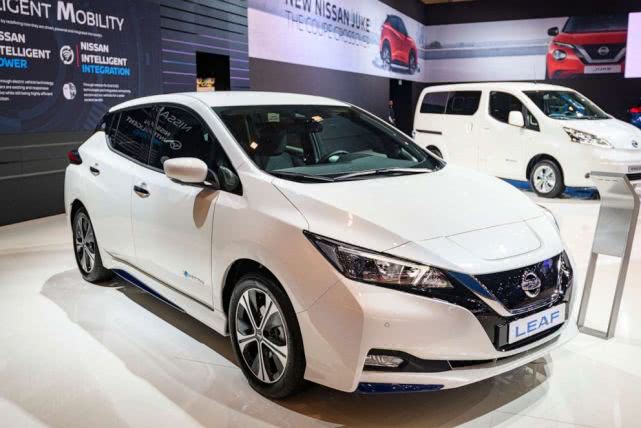
According to a new study by the American automobile association, the annual cost of owning a new compact electric car is $600 more than a comparable gasoline-powered vehicle over a five-year period of 75,000 miles. Carmakers are still pouring money into it.
Auto makers and suppliers are expected to invest $225 billion in electric vehicle development and technology between 2019 and 2023, a 'huge number,' according to David Wakefield, managing director and head of AlixPartners' automotive business in the americas.
The heavy investment is a sign that automakers are reluctant to scale back their plans for electric vehicles despite the bad economy.
"Low oil prices are not going to kill sales of electric vehicles, but they are certainly going to have a dampening effect," Mr Wakefield told ABC. "The price of gasoline is the main factor that determines whether people will buy an electric car."
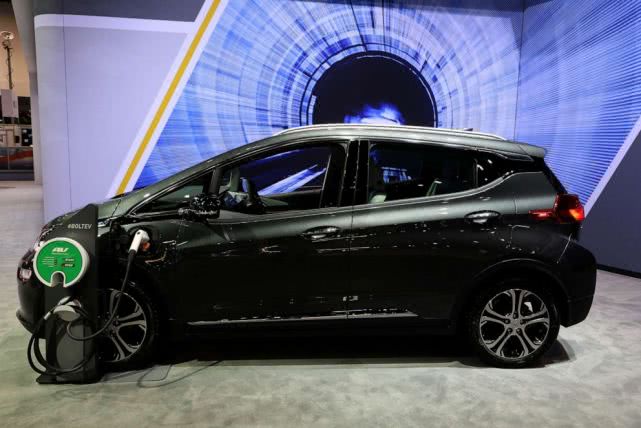
He noted that 18 new electric vehicles are expected to be launched in North America this year, with more to come as automakers try to meet tough carbon emission standards set by European and Chinese lawmakers.
But the rush to produce electric cars to avoid huge fines has left carmakers in a bind -- with lots of resources to spend but no cars to sell.
"Carmakers are already facing unprofitable conditions and this is going to be a year of declining sales of electric vehicles," said Mr Wakefield. Missing the sales target can be a big blow."
But Paul volk, a veteran electric car journalist and industry analyst, said fuel prices are rarely the reason americans buy zero-emission vehicles. Buyers of electric vehicles are concentrated among technology enthusiasts and the wealthy, so higher oil prices are not necessarily related to increased demand, he explained.
"When gas prices go up, the first thing people think about is whether to buy a hybrid," he told ABC. It's not about electric cars."
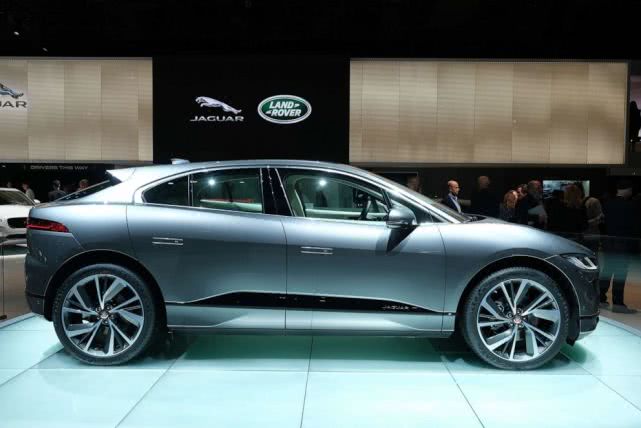
Sales of electric cars took a qualitative leap when carmakers started making battery-powered suvs, crossovers and pickups with a range of up to 250 miles. For now, he believes, electric vehicle purchases will suffer along with the overall U.S. auto market downturn.
He expects sales of 620,000 light vehicles in April, down 53% from 2019. Light vehicle sales fell 37 per cent in March as us states imposed lockdowns to stop the novel coronavirus outbreak, according to published figures.
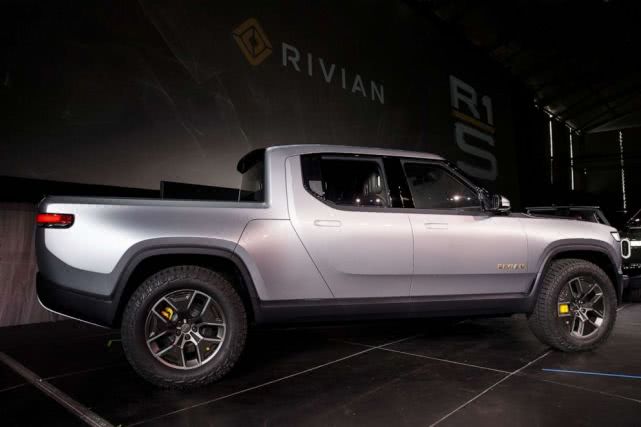
Given the current economic environment and uncertainty, americans who can afford an electric car may wait 12 to 18 months before buying one, volk said.
"They realise that buying a new car might not be very smart," he says. For the auto industry to recover, you need a mix of supply and demand. "But the sales of internal-combustion vehicles will be hit harder."
Manufacturers have delayed plans for electric vehicles amid the outbreak.
The outbreak has hit automakers hard, most recently late last month when Lincoln motor Co. and Michigan electric car startup Rivian decided to cancel plans to build all-new electric vehicles.
"In view of the current environment, Lincoln and Rivian have decided to cancel the development of fully electric vehicles based on the Rivian 'Skateboard' platform," ford, which owns the luxury brand Lincoln, said in a statement. Our strategic commitment to Lincoln, Rivian and electrification remains unchanged, and Lincoln will continue to deliver an all-electric vehicle that fits its quiet driving characteristics."
There are also rumors that ford's mustang mach-e all-electric SUV, which debuted in November, could be pushed back to 2021 when it was due for delivery in the fourth quarter of this year.
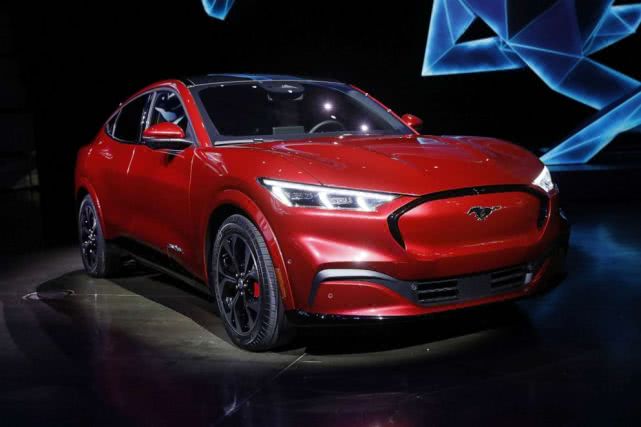
A ford spokesman told ABC: "we are currently reviewing the launch date for the new product and will announce it at a later date."
German automaker Volkswagen plans to launch a production version of its new id.4 electric SUV as planned this summer, a spokesman said.
Tesla, the largest seller of electric vehicles in the United States, chose to restart its fremont, calif., plant in early may, despite a home quarantine order in alameda county.
Mr. Musk, the company's chief executive, even filed a lawsuit against county officials threatening to move the plant out of the state, causing the fremont plant to shut down in March and disrupting the company's aggressive production plans.
Even if consumer interest in electric cars changes in the near future, few automakers can compete with tesla, the industry leader. Tesla sold more than 192,200 vehicles in the United States in 2019, with the company's Model 3 sedan the most popular and cheapest electric vehicle among consumers.
The Chevrolet Bolt followed with 16,418 units, followed by nissan's Leaf (12,365), audi's e-tron (5,369), BMW's i3 (4,854) and jaguar's i-pace (2,594).
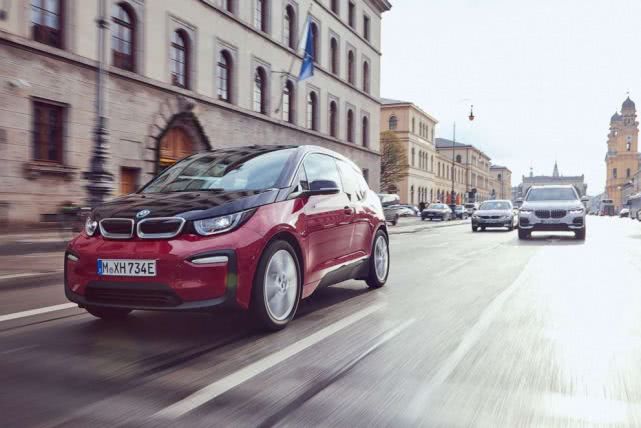
U.S. gasoline demand recently inched up 17.2% from its March 26 low as more states began withdrawing home quarantine orders. 'unless there is a second wave of infection, oil prices will continue to rise,' said energy analyst John dehaan of Gas Buddy. Electric cars, however, do not affect fuel prices in the same way.
"We don't know for sure if we'll see electric cars on the road, so the impact of electric cars on gasoline consumption is uncertain," he said.
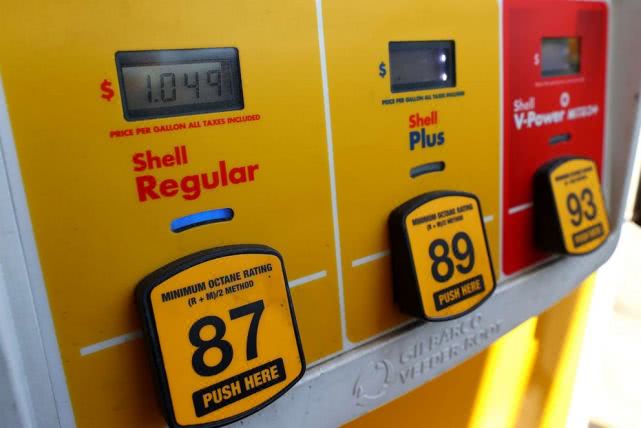
Whether gasoline prices go up or down, electric cars are the future, says Steve Smith, executive director of the southern coalition for clean energy.
"We have already taken this step," he said. The shift to electric cars is under way, but the speed of the shift will be affected by the global economy. As the number of miles driven continues to rise, worries about range anxiety are receding. In the next 10 years, electric vehicles will dominate vehicle sales."
Novel coronavirus could trigger new environmental policies across the United States, said James dessasso, director of the raskin innovation center at the university of California, Los Angeles.
"A lot of states are talking about sustainable stimulus packages, including used cars and hybrid cars, charging devices in homes and workplaces, and subsidies for green transportation," he said. "In a way, the epidemic has made people appreciate their lives without the pollution from their cars."
"This outbreak has changed the way people think about electric cars," he added.
AMS2024 Exhibition Guide | Comprehensive Exhibition Guide, Don't Miss the Exciting Events Online and Offline
Notice on Holding the Rui'an Promotion Conference for the 2025 China (Rui'an) International Automobile and Motorcycle Parts Exhibition
On September 5th, we invite you to join us at the Wenzhou Auto Parts Exhibition on a journey to trace the origin of the Auto Parts City, as per the invitation from the purchaser!
Hot Booking | AAPEX 2024- Professional Exhibition Channel for Entering the North American Auto Parts Market
The wind is just right, Qianchuan Hui! Looking forward to working with you at the 2024 Wenzhou Auto Parts Exhibition and composing a new chapter!
Live up to Shaohua | Wenzhou Auto Parts Exhibition, these wonderful moments are worth remembering!
Free support line!
Email Support!
Working Days/Hours!





